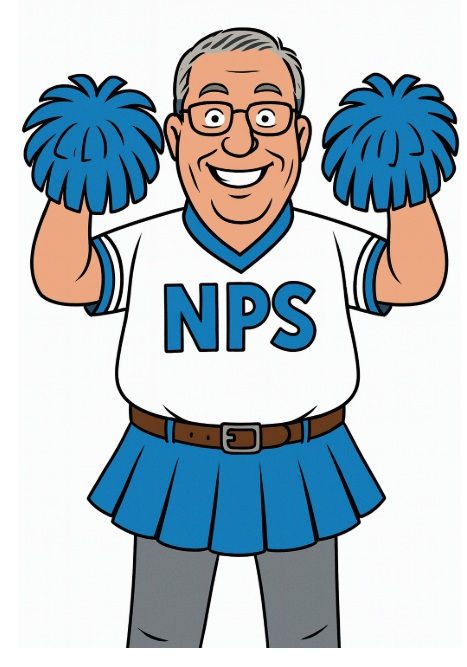Leaders are accountable!
- Michael Brandt

- Jul 7, 2022
- 3 min read
Updated: Jul 20, 2022
Recently, I saw a post relating the story of a "leader" who was complaining that when things went wrong, the buck always stopped with the leader and that teams rarely bore any responsibility.
The post got me thinking about how we define leadership, and how some people confuse management and leadership. Being a leader doesn't require you to be high on the management totem pole. Leaders can be at the lowest level of the organisation, but if colleagues look up to them and follow their lead, they can safely be assumed to be leaders.
Naturally, if as a leader you also have management responsibility for a team of people, leadership takes on another dimension. First, from a pure performance perspective and getting the job done, the leader has to make sure that the team they are responsible for has the right skill set and is equipped to complete the task at hand (or is given the opportunity to acquire the skills). It can also mean making tough decisions sometimes, coming to the conclusion that someone is just not going to make it. The way that is handled will also determine what kind of a leader the person is. Perhaps there are other opportunities within the organization that the team member would be well-suited for or maybe there is some flexibility regarding how much time they can be given to find a new opportunity. But in any case, the true leader will be even-handed and consistent in the treatment of the team members.

On a personal level, leaders look to their team's well-being. Without getting up close and personal, they should be able to sense when a team member is "off key". Keeping their ear to the ground will allow them to sense the mental status of the team and notice "rumblings" is something is upsetting the equilibrium.
A manager joined the company one day with a glowing CV and a good reputation. From the outset, he would start each meeting he attended by complaining about the competence of his team. Many of us had known and respected the members of his team for many years. How did he really expect to lead a team that he thought so little of? How did he expect anyone to co-operate with him, knowing what kind of a person he was and how his tactic clearly consisted of ensuring that he had the fall-guys firmly in place if things went wrong? He himself was not above reproach, not turning up for meetings on a regular basis was just one example.
Leaders look after their teams, acting as shields against the pressures from above, keeping their team's backs free. That doesn't mean that they can't be demanding, but they have to be honest about it. WYSIWYG (What You See Is What You Get) - don't make team members read between the lines. And, if the project ends in failure, a true leader takes the hit and keeps those shoulders horizontal, so the muck doesn't slide down onto the lower echelons below.
So, to the "Leader" who complained about having to carry the can when things went wrong: clearly you and I have a different grasp of what leadership is. It's not just reaping the rewards and the glory when things work out, it's also carrying the can when things go wrong.
If you have a point of view on Leadership that you would like to discuss, don't hesitate to get in touch with me!




Comments